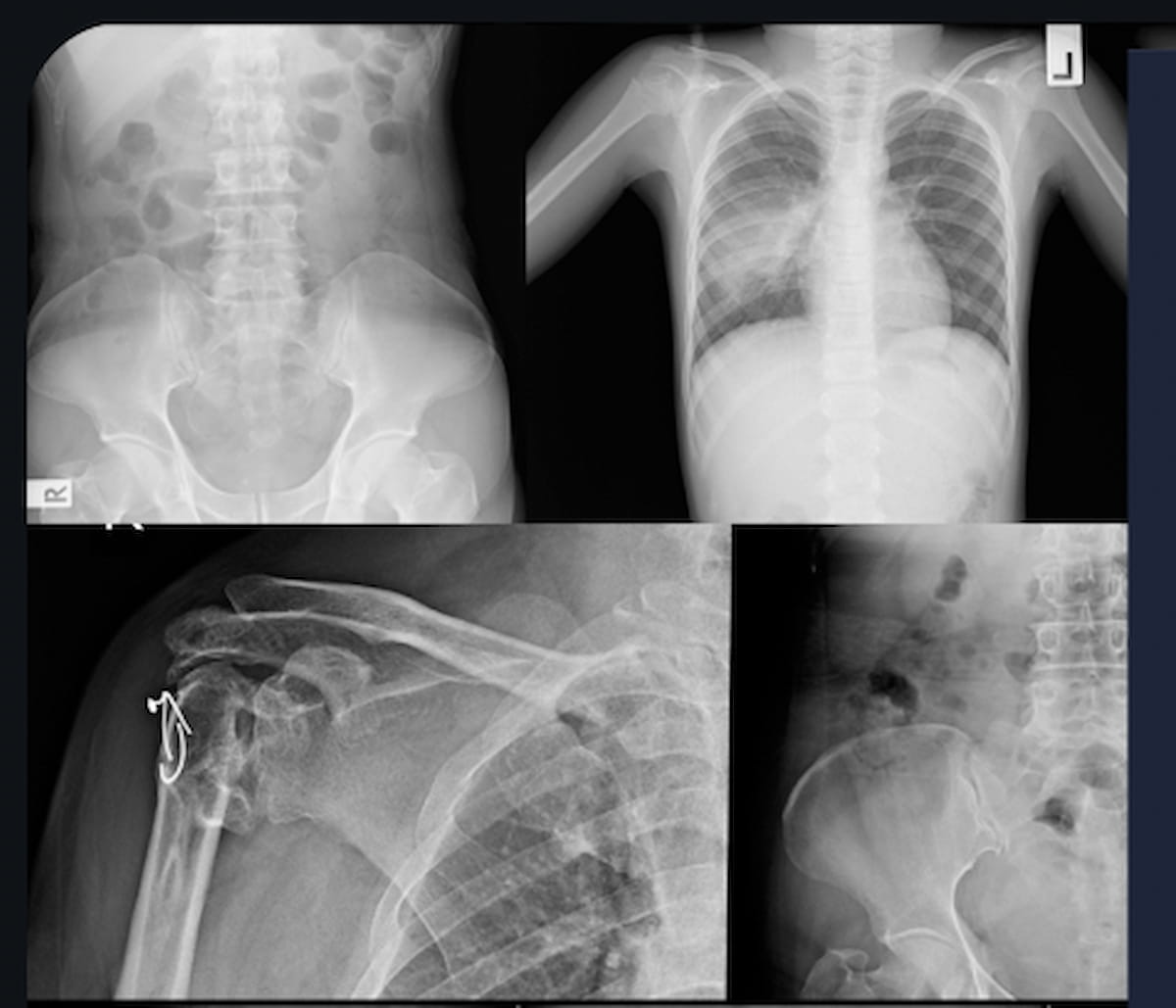AI Software for X-Rays Gets FDA De Novo Classification for Bone Mineral Density Screening
Leveraging artificial intelligence, the Rho software assessment of X-rays may allow earlier detection of bone loss.
The Food and Drug Administration (FDA) has granted a De Novo classification to Rho™, an artificial intelligence (AI) software that may facilitate bone loss detection through opportunistic screening of X-rays for low bone mineral density (BMD).
Noting that less pronounced bone loss is more difficult for radiologists to assess via standard X-rays, 16 Bit, the manufacturer of the Rho software, said adjunctive use of Rho can be a viable alternative. Offering automated scans of a variety of X-rays, ranging from frontal chest projections and lumbar spine views to X-rays of the pelvis and knee, Rho provides alerts of possible low BMD, according to 16 Bit.
Rho™, an artificial intelligence (AI) software that may facilitate bone loss detection through opportunistic screening of X-rays for low bone mineral density (BMD), recently garnered a De Novo classification from the FDA. (Images courtesy of 16 Bit.)

In a recently published study in the Journal of the American College of Radiology (JACR), researchers found that Rho demonstrated area under the receiver operating characteristic (AUROC) curves of 89 percent, 87 percent and 82 percent in three independent data sets for detecting low BMD.
“An opportunistic screening tool such as this opens a window for early prevention and intervention strategies to slow the rate of bone loss,” noted lead study author Alexander Bilbily, M.D., FRCPC, the co-founder and co-CEO of 16 Bit, and an assistant professor and director of the Augmented Precision Medicine Lab at Sunnybrook Health Sciences Centre in Toronto, and colleagues.
Considering Breast- and Lesion-Level Assessments with Mammography AI: What New Research Reveals
June 27th 2025While there was a decline of AUC for mammography AI software from breast-level assessments to lesion-level evaluation, the authors of a new study, involving 1,200 women, found that AI offered over a seven percent higher AUC for lesion-level interpretation in comparison to unassisted expert readers.
Can CT-Based Deep Learning Bolster Prognostic Assessments of Ground-Glass Nodules?
June 19th 2025Emerging research shows that a multiple time-series deep learning model assessment of CT images provides 20 percent higher sensitivity than a delta radiomic model and 56 percent higher sensitivity than a clinical model for prognostic evaluation of ground-glass nodules.
FDA Clears Ultrasound AI Detection for Pleural Effusion and Consolidation
June 18th 2025The 14th FDA-cleared AI software embedded in the Exo Iris ultrasound device reportedly enables automated detection of key pulmonary findings that may facilitate detection of pneumonia and tuberculosis in seconds.